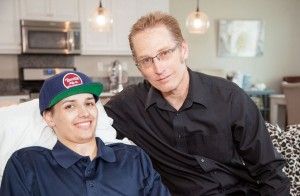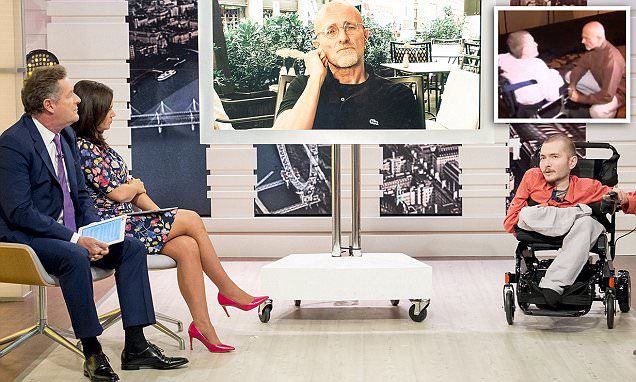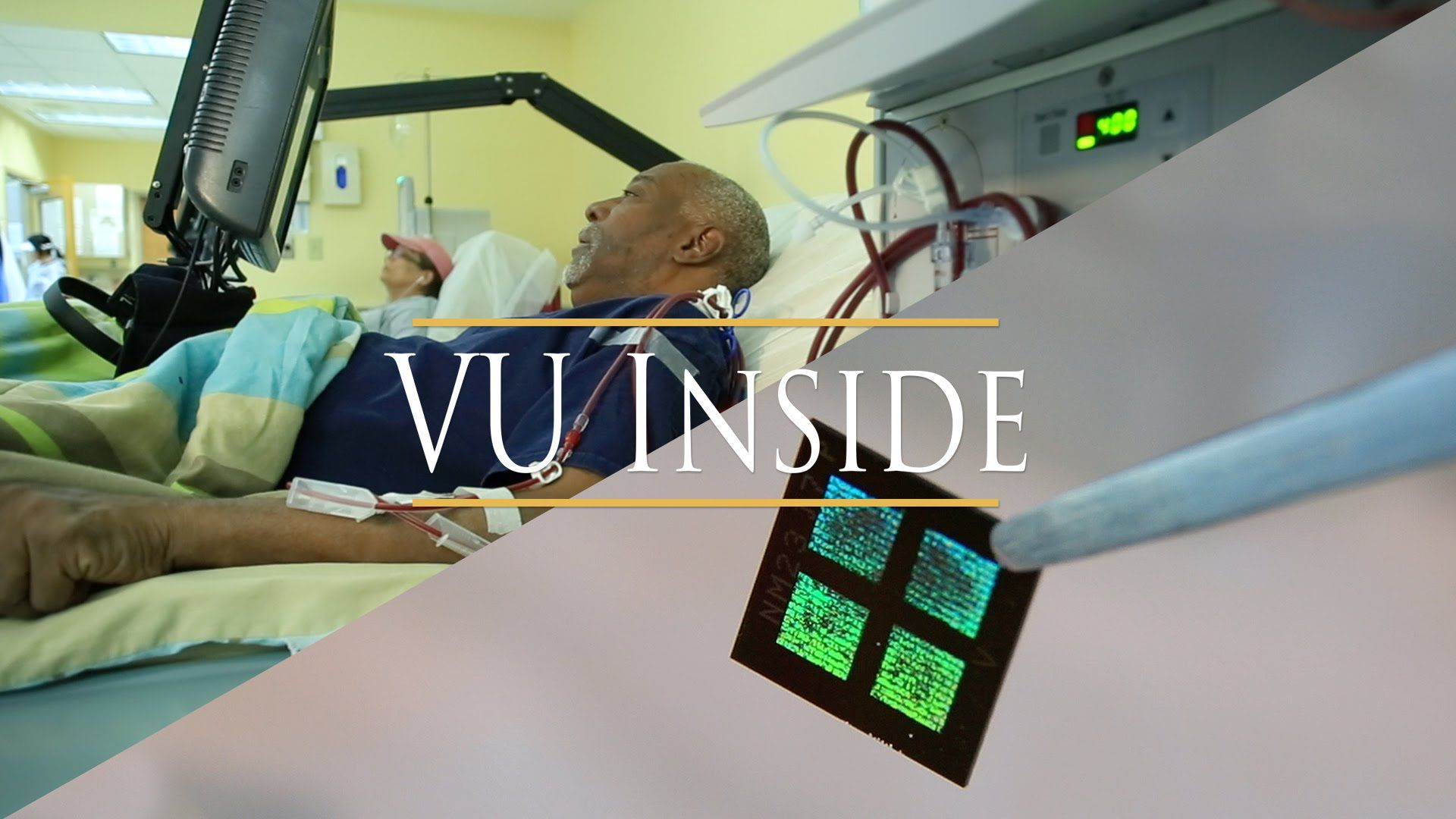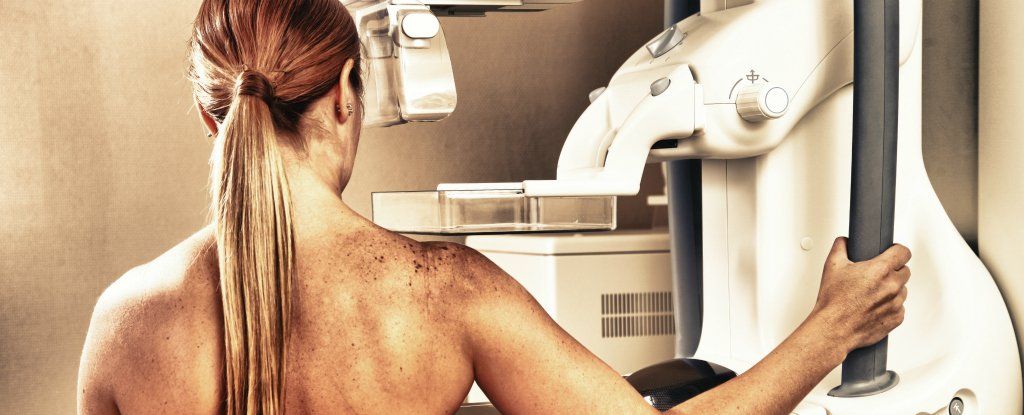Sep 20, 2016
Paralyzed man regains use of arms and hands after experimental stem cell therapy at Keck Hospital of USC
Posted by Carse Peel in categories: biotech/medical, transportation
By Meg Alrich
Keck Medical Center of USC today announced that a team of doctors became the first in California to inject an experimental treatment made from stem cells, AST-OPC1, into the damaged cervical spine of a recently paralyzed 21-year-old man as part of a multi-center clinical trial.
On March 6, just shy of his 21st birthday, Kristopher (Kris) Boesen of Bakersfield suffered a traumatic injury to his cervical spine when his car fishtailed on a wet road, hit a tree and slammed into a telephone pole.















